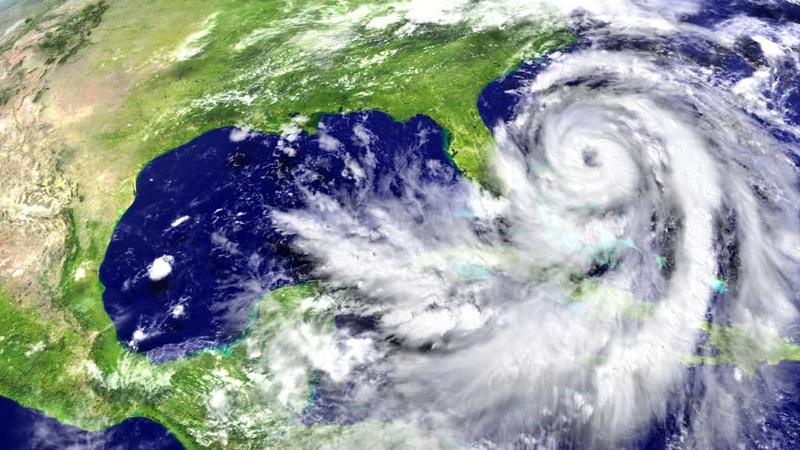Travellers beware: hurricane season is upon us. While hurricane season typically runs from mid-May through to November, the heart of the season is in August, September and October. This is the time when, according to the U.S.-based National Hurricane Center, hurricane activity is likely to peak.
If you’re planning a holiday this summer to an area that is prone to (or occasionally in the path of) hurricanes a travel insurance policy with trip cancellation and trip interruption coverage is worth considering.
What areas are prone to hurricanes?
The vacation destinations most commonly affected by hurricanes include the Caribbean, Mexico, Central America and the east and Gulf coasts of the United States. Canada (especially the Atlantic region) is also no stranger to hurricanes.
How could travel insurance help if there’s a hurricane?
When hurricanes disrupt your travel plans, the right travel insurance policy can help towards covering the costs of non-refundable deposits, unexpected hotel stays, cancelled flights and necessary itinerary changes. The key, however, is having the insurance in place before the threat of a hurricane. Once the Government of Canada issues a travel advisory or warning, it’s typically too late. (In some cases, it’s too late when the hurricane is named by the World Meteorological Organization.)
Hurricane season travel tips
Bitten by the travel bug, but it’s hurricane season? The Government of Canada encourages Canadians who are travelling during hurricane season to:
- Consult the Country Travel Advice and Advisories while planning a trip and just before you go to confirm that it’s safe.
- Buy travel insurance and ensure it covers cancellations and trip interruptions in the event of a hurricane.
- Give family or friends in Canada your travel details, including the name of your tour operator, flight details, hotel name, location and telephone number, and itinerary.
- Complete the emergency contact information on page four of your passport and leave copies of all travel documents and insurance details with someone in Canada.
- Sign up for the Registration of Canadians Abroad service, so you can be contacted and assisted in case of an emergency.
- Make note, before you go, of the location and contact information for the closest Canadian embassy or consulate.
- Brush up on your hurricane preparedness at the Canadian Hurricane Centre website.
- Obtain up-to-date weather forecasts for the area you’ll be visiting (and proximity) from the U.S. National Hurricane Center.
- When at your destination, watch local news broadcasts and weather reports and follow the advice of local authorities and tour operators.
- Take with you the contact details for Canada’s Emergency Watch and Response Centre. The centre operates around the clock and accepts collect calls (where available) from Canadians requiring emergency assistance abroad at tel.: +1 613 996 8885.
Weather the storm with travel insurance
For roughly six months of the year, travellers need to take into consideration the fact that they may be travelling during hurricane season. One of the best ways to do this is by getting a travel insurance policy that includes trip cancellation/interruption coverage for extreme weather events including hurricanes. This coverage can be bought on its own (if you already have emergency medical coverage) or as part of an All Inclusive policy. Whichever policy you opt to get, make sure you review it before buying to make sure extreme weather events, like hurricanes, are included.
Weather the storm with travel insurance and compare quotes today.
